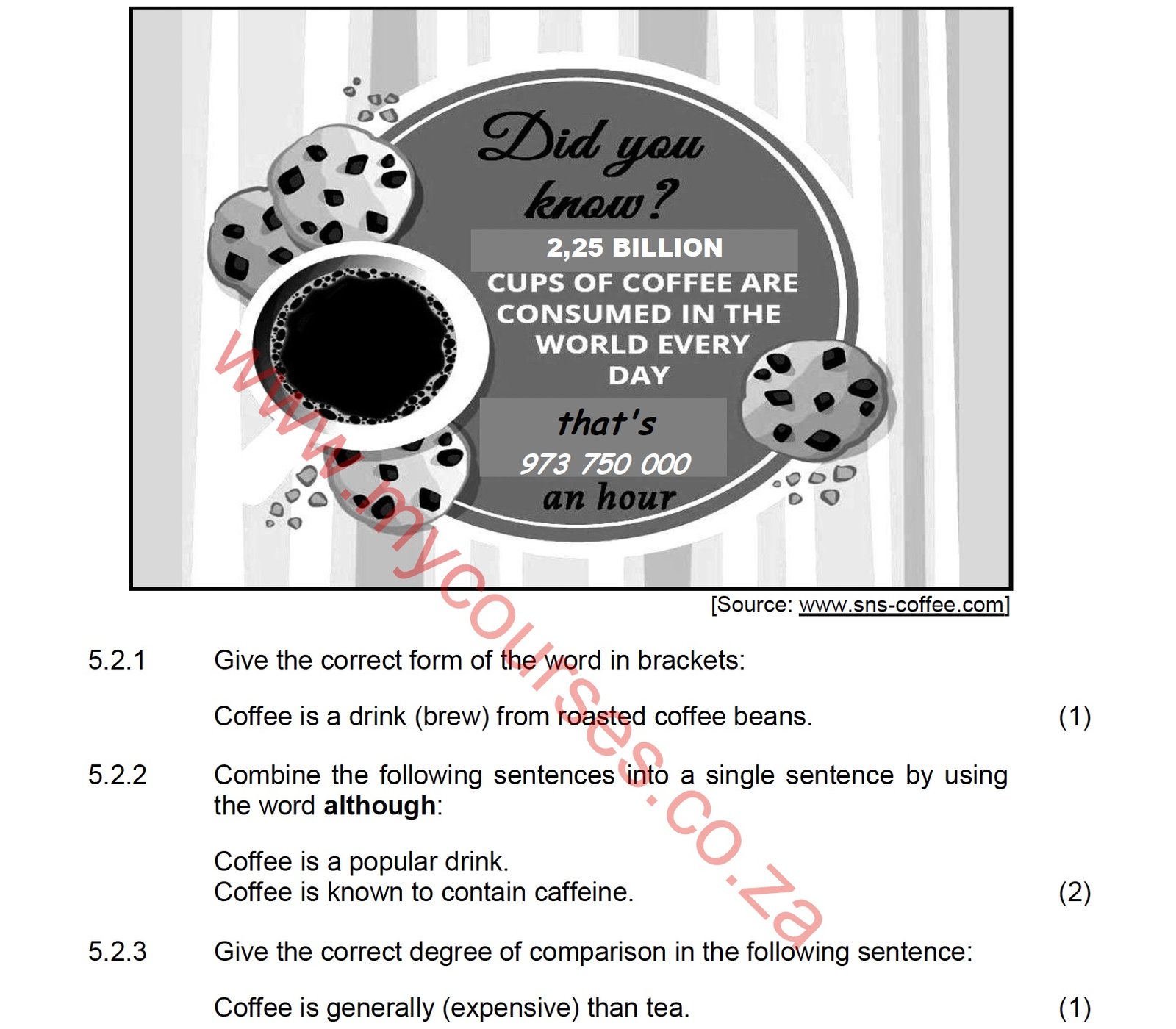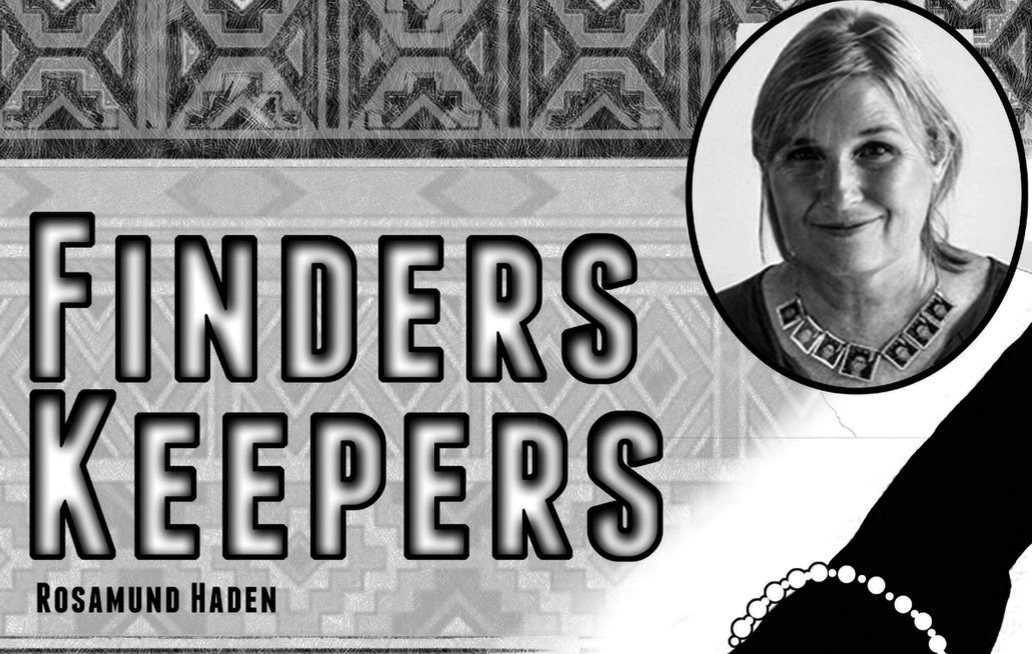The birth of shaka poem questions and answers:
The Birth of Shaka
by Oswald Mbuyiseni Mtshali
His baby cry
was of a cub
tearing the neck
of the lioness
because he was fatherless.
The gods
boiled his blood
in a clay pot of passion
to course in his veins.
His heart was shaped into an ox shield
to foil every foe.
Ancestors forged
his muscles into
thongs as tough
as water bark
and nerves
as sharp as
syringa thorns.
His eyes were lanterns
that shone from the dark valleys of Zululand
to see white swallows
coming across the sea.
His cry to two assassin brothers:
“Lo! you can kill me
but you’ll never rule this land!”
About the poem
‘The Birth of Shaka’ by Oswald Mtshali is a free verse poem about a South African well-known historic warrior and ruler of the Zulu kingdom, named Shaka Zulu. The poem is constructed almost as if it were a history lesson focusing on paying respects to Shaka’s life. Mtshali puts Shaka on a pedestal as he describes the circumstances of his birth and death, clearly idolizing him. Shaka was a ruler that displayed extreme strength and capability, causing his people to view him as a gift from the gods.
Did you know: free verse is an open form of poetry, which in its modern form arose through the French vers libre form. It does not use consistent meter patterns, rhyme, or any musical pattern. It thus tends to follow the rhythm of natural speech.
Free Verse Poem: No rules
Questions with Answers
- Refer to lines 1 and 2 (‘His baby cry/was of a cub …’).
- Who does the ‘lioness’ in line 4 refer to? (1)
- Identify the figure of speech used here. Answer: Metaphor
- Explain why the poet has used this figure of speech. Answer: It compares baby Shaka to a lion cub. Or To show that although Shaka was still a (newborn) baby/very small, he was already displaying a fierce/ferocious/vicious nature.
- Refer to lines 3 and 4 (‘tearing the neck/of the lioness’). To whom does the word ‘lioness’ refer? Answer: His (Shaka’s) mother OR Nandi
- Refer to stanza 2.
- In your own words, explain how the gods created Shaka. (1) Answer: They gave him an emotional/passionate nature. OR They used a clay pot to boil his blood.
- State ONE of Shaka’s characteristics suggested by the use of the
words ‘clay pot’. Answer: He was only human/fragile/vulnerable/not perfect. OR, Like a clay pot, he represented/contained traditional values.
- Quote TWO separate words from stanza 2 which tell us that Shaka’s ancestors had a hand in shaping him into the man he became. (2)
- Identify any TWO African images from stanzas 1 and 2. (2)
- Refer to lines 6–9 (‘The gods boiled … in his veins’). What do these lines suggest about Shaka’s spirit? State TWO points.
- Refer to stanza 4 (‘Ancestors forged his … as syringa thorns’). Quote ONE word from these lines to show that the following statement is TRUE:
- Shaka’s forefathers were involved in shaping his personality. (1)
- Refer to lines 16–18 (‘and nerves as sharp as syringa thorns’). In your OWN words explain why Shaka would need ‘sharp nerves’. (2)
- Refer to stanza 5 (‘his eyes were … across the sea’). Which characteristic of Shaka is portrayed in these lines (1)
- Refer to lines 23–25 (‘His cry to … rule this land’).
- Who is Shaka addressing in lines 23–24? (1)
- Identify the sound device used in line 24. (1)
- Do you think that this poem is a celebration of Shaka’s life? Discuss your views.
Downloadable PDF Questions and Answers Memo:vThe Birth of Shaka
Questions and Answers
My Courses has a large Questions and Answers repository for the most popular High School and Tertiary Schools subjects. This comes in handy when doing your revision or preparing for exams, tests, research tasks, and assignments.
Ask Us a Question and we will send you the Answer Guide
[super_form id=”33574″]
Sources
Rehman, Noor. “The Birth of Shaka by Oswald Mtshali”. Poem Analysis, https://poemanalysis.com/oswald-mtshali/the-birth-of-shaka/. Accessed 25 August 2021.




